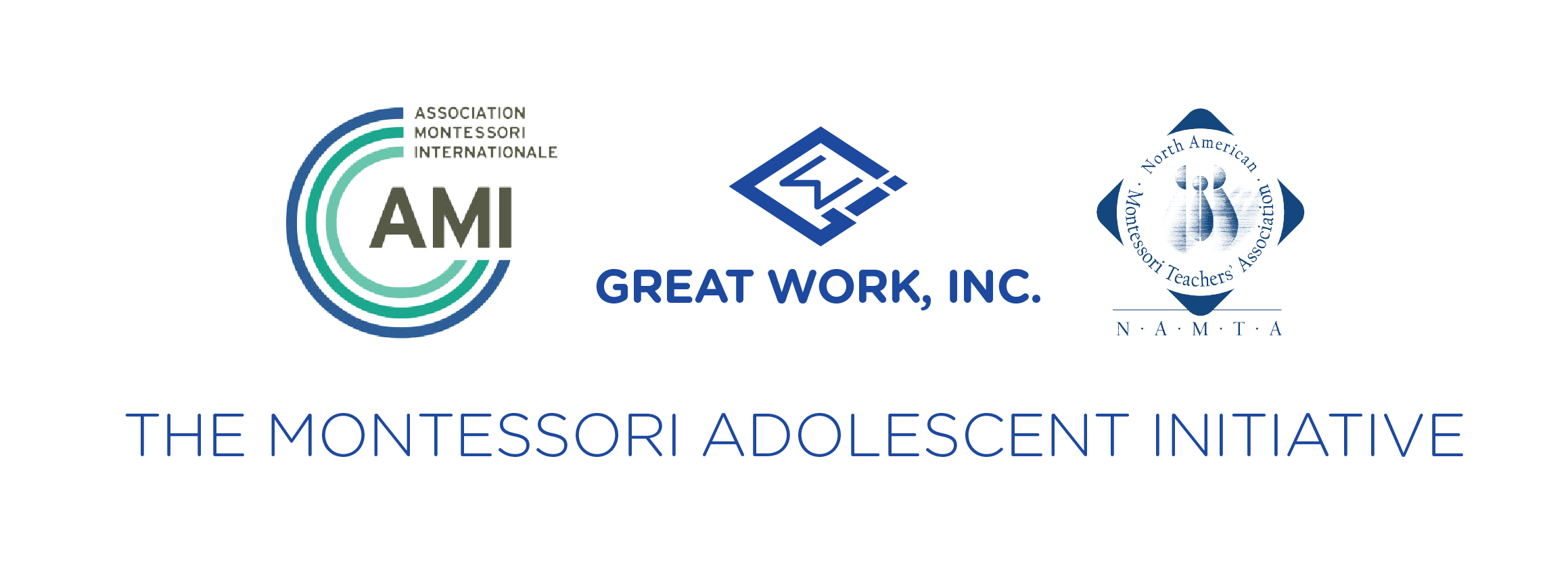Deep Dive on the "Prepared Environment"
Deep Dive on ”The Prepared Environment”
Montessoriskolan Lära för livet on the Farm
May 4-6, 2018
Host: Jenny Höglund
Attendees: Baiba Krumins Grazzini (Trainer AMI 6-12, Italy)
Lars Brunborg (OAS, weekly access to farm, guesthouse, 12-15, Norway)
Paul Pillai (OAS, AMI 0-3, 3-6, residential with land, UK)
Roman Klune (OAS, urban with access to land, 12-18, Austria)
Ivana Baborova (OAS, urban, 12-18, Slovakia)
Lesley Patrick (OAS, parent, former house parent and co-ordinator of adolescent community)
Sasa Lapter (OAS, AMI 6-12, residential with garden, 12-15, Austria)
Zorian Patrick (alumni, 22 years, farm experience with boarding)
Jenny Höglund (host)
Observers: Arlette George (OAS, AMI 3-6, parent, Scotland)
Tor Hylander (alumni, 18 years, 4 years on the farm boarding)
Sven Burger (OAS, urban, 12-18, Germany)
Ida Arnesen (OAS, AMI-6-12, farm with boarding, 12-16, Sweden)
Karl Brun (OAS, AMI 6-12, weekly access to farm, guesthouse, 12-15, Norway)
Gabriela Jiroskova (OAS, urban, 12-18, Germany)
Nina Willwock (OAS, AMI 6-12, administrator, Germany)
Scribe: Karolina Spodarzewska (OAS, AMI 6-12)
The Prepared Environment
One of the two pillars for a Montessori approach
We are dealing with what belongs to the child (the psychology) and what is around the child – the physical environment, the social environment – the prepared environment
What is the goal? Optimal development
Physical environment requires a group of people
The adolescents get their feedback from peers, animals and plants –this takes away from the personal confrontations between adolescents and adults
A prepared society (adolescent community) – from which to leave and move out to an unprepared society
The materials are implements of adult work
Aspects to consider:
· Basic social aspect – community life, experience society, school of experience in social life, living together away from the family, life organized around the needs of the adolescents, responsibility to others (social),
· Deal with reality – plants, animals, the reality of adult work, adolescents take a reality check, adult quality to what the adolescent do,
· Nature vs. Supernature – transforming the environment
· Environment as the teacher – feedback, control of error
· Solititude
· Be away from their family – a must, to get away from the roles superimposed on them
· Self-expression, vocational apprenticeship (experts coming)
· Economic independent – shop – appreciate work, time, effort, knowledge, discuss money, decision making with consequences, natural cycle – the prepared environment gives the full cycle (e.g. the farm and selling potatoes), responsibilities to others, have a proper perspective of money, ‘temptation’
· Adults – not only teachers!, as materials, adults share the role of teaching, side by side work, experts, adolescents get a sense of pride working with them, with many adults easier to see how the world functions as a whole, interconnectedness, but also the stability of a community, not just about specialization but needing all the different experiences, all work is noble, houseparent, farm manager, all work has its dignity, all work is valued
· Freedom – essential freedom to be part of the decision making of how to spend money, morality, all about the relationship with money, a community thing as well as an individual thing,
· Practical Life Independence
· Appreciating order, organization. A society is not a collection of individuals, that is why *organization’ – social organization
· Protection – no pressure from parents, teachers, etc.
· A place for study – developmentally based education, aid to life – as a means, study connected to hear and now, part of the independence is not to limit oneself to what the teacher says or what the text book says
· For everyone! Special needs
· Ownership – taking care, looking after, love of the environment through practical work
· Museum of Machinery
· Enough students to create the work, generate the work, offer more work – challenge, opportunities to make decisions,
· Kitchen, work shop, land, house, barn, shop, guest house, laundry room
· Mixed age-group in all areas
After exploring many different environments and their usage the group understands why Montessori suggested a farm.
The most important thing is that you need an ongoing reality – a farm with boarding offers that, developmental need to be part of a community. It offers one more dimension, without the farm the work will only become projects, one after the other. There is a cycle in nature and in super nature – the possibility to see a project through in a real way and not just a project constructed by the teachers.
Instead the prepared environment should offer a new way of life.
The farm is the laboratory, the material, reproducing the experiments when evolution of knowledge, story of the disciplines
It is when you do not have farm that you run into problems, because you lack the materials
The farm is the work of super nature, the story of human work, humanity – man as the transformer of the Earth, thus the farm is the constructive aspect necessary (Camillo Grazzini), the bridge between nature and super nature, all the necessary aspects are covered by the farm.
If there is no farm, it is only nature (land based) and that does not work for the adolescents
One cannot live on a ship, cannot transform the sea
Self-expression – farm, guest house
Each element of the social organization provides material, tools
There is also refinement of the senses – morality – self-expression prepares to change the world, powerful tools
Self-expression for yourself e.g. diary, poem
Self-expression for the masses, the expression of the group
Vocational – living on the farm provides many different job experiences, finding out what one is capable of
